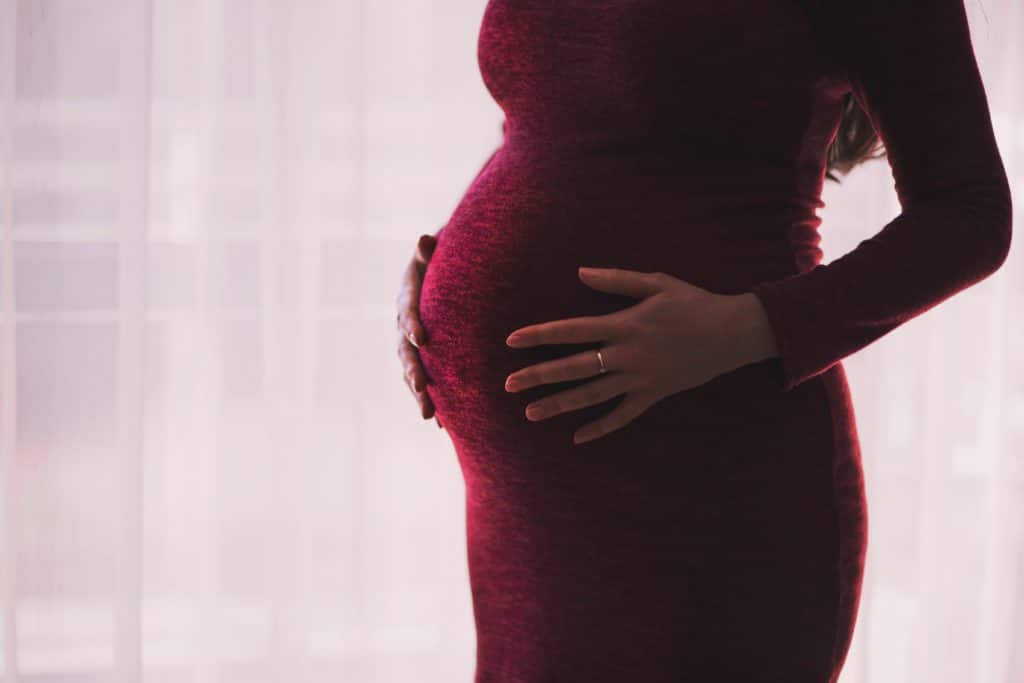Pregnancy in women over 35 is referred to medically as “advanced maternal age” (AMA). Today, a large number of children are being born to women in this category.

According to a 2014 survey, the number of expectant women giving birth to their first child in their 40s is up to four times more than it used to be. Thus, it is now common for people to start a family when they are over 35 compared to older generations.
Notwithstanding, the term “advanced maternal age” is used due to the potential risks associated with getting pregnant after the age of 35.
Risks of Advanced Maternal Age
No matter your age, pregnancy carries some level of risk. But as you age, the likelihood of complications increases. This is mostly because you are born with all the eggs you will have throughout your lifetime.
The older your age, the older your eggs and the greater the risks of abnormalities or complications during pregnancy. Some common risks associated with advanced maternal age include:
- low birth weight in the baby
- premature birth
- miscarriage
- Stillbirth
- postpartum haemorrhage
- chromosomal abnormalities
- birth defects
- labour complications, such as early labour
- cesarean delivery
- preeclampsia, a serious form of high blood pressure
- gestational diabetes
- multiple pregnancies, such as twins or triplets
The most effective way to lower these risks is to take care of your health throughout the entire process of pregnancy and childbirth. This is especially important if you are planning to get pregnant over the age of 35.

Tips For Advanced Maternal Age
Although getting pregnant at an older age can come with challenges, there are some things you can do to reduce the risk of developing complications. Some of these include:
- Taking prenatal vitamins containing folic acid
- Choosing the right healthcare team for you
- Managing underlying health conditions before getting pregnant
- Take advantage of additional check-ups and tests
- Eat a healthy nutrient-dense diet
- Exercise regularly and maintain a healthy weight
- Avoid substances like alcohol, tobacco, and narcotics
- Explore the option of preconception testing
- Seek informed consent on labour induction
- Find ways to relax and manage stress
When Should You Talk to Your Doctor?
It’s recommended you visit your healthcare provider before attempting to conceive if possible. They can assist you in taking the initial steps towards having a healthy baby.

When you get pregnant, be prompt about seeking antenatal care. Consult your healthcare provider for advice on how to ensure you have the best chance of having the healthiest pregnancy possible.
Take Home Message
The health of your pregnancy is not dependent on your age alone. However, if you plan to have a baby over the age of 35, you should consult your healthcare provider. To ensure you are having a safe pregnancy, your healthcare provider may probably advise some additional monitoring throughout your pregnancy.
Due to your age, you may have concerns about having a difficult pregnancy, labour, or delivery. These concerns are very valid. However, be rest assured that women who are above 35 can still have healthy pregnancies.

